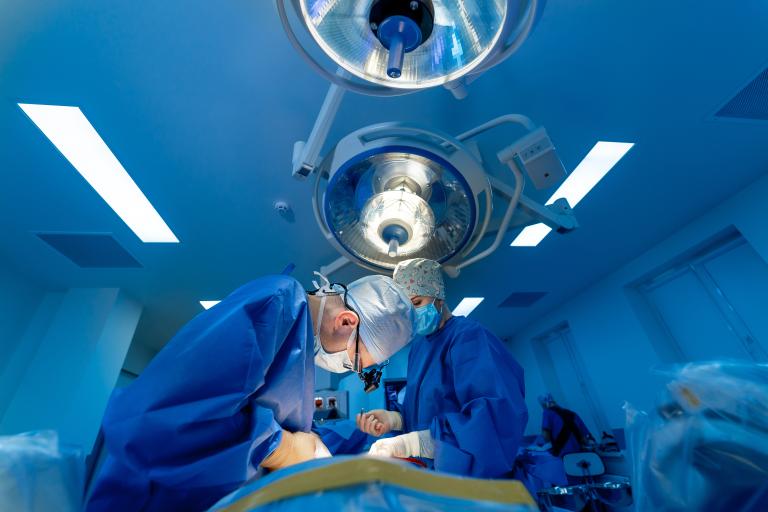Causes
Ectropion can be caused by:
- Muscle weakness. As you age, the muscles under your eyes tend to weaken, and tendons stretch out. These muscles and tendons hold your eyelid taut against your eye. When they weaken, your eyelid can begin to droop.
- Facial paralysis. Certain conditions, such as Bell’s palsy, and certain types of tumors can paralyze facial nerves and muscles. Facial paralysis that affects eyelid muscles can lead to ectropion.
- Scars or previous surgeries. Skin that has been damaged by burns or trauma, such as a dog bite, can affect the way that your eyelid rests against your eye. Previous eyelid surgery (blepharoplasty) can cause ectropion, particularly if a considerable amount of skin was removed from the eyelid at the time of surgery.
- Eyelid growths. Benign or cancerous growths on your eyelid can cause the lid to turn outward.
- Genetic disorders. Rarely is ectropion present at birth (congenital). When it is, it’s usually associated with genetic disorders, such as Down syndrome.
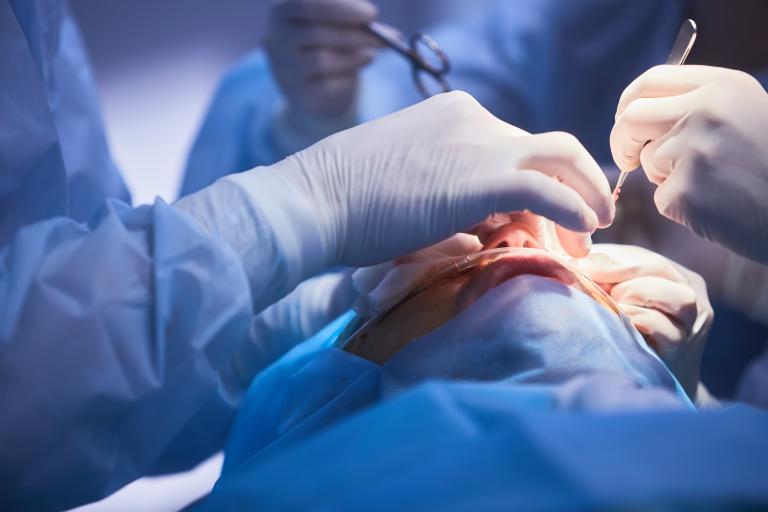
Risk factors
Factors that increase your risk of developing ectropion include:
- Age. The most common cause of ectropion is weakening muscle tissue associated with aging.
- Previous eye surgeries. People who have had eyelid surgery are at higher risk of developing ectropion later.
- Previous cancer, burns or trauma. If you’ve had spots of skin cancer on your face, facial burns or trauma, you’re at higher risk of developing ectropion.
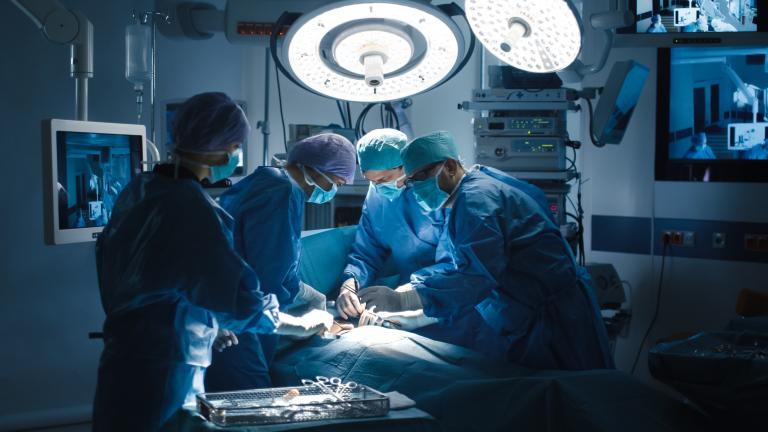
Notify the RPS team immediately if you experience any of the following symptoms:
- nausea, vomiting or diarrhoea
- fever/high temperature – 38°C or higher
- shortness of breath
- leakage of blood or fluid after day one of recovery
- increasing pain around the site
- increasing redness around incision site
- heavy bleeding from incision site.
